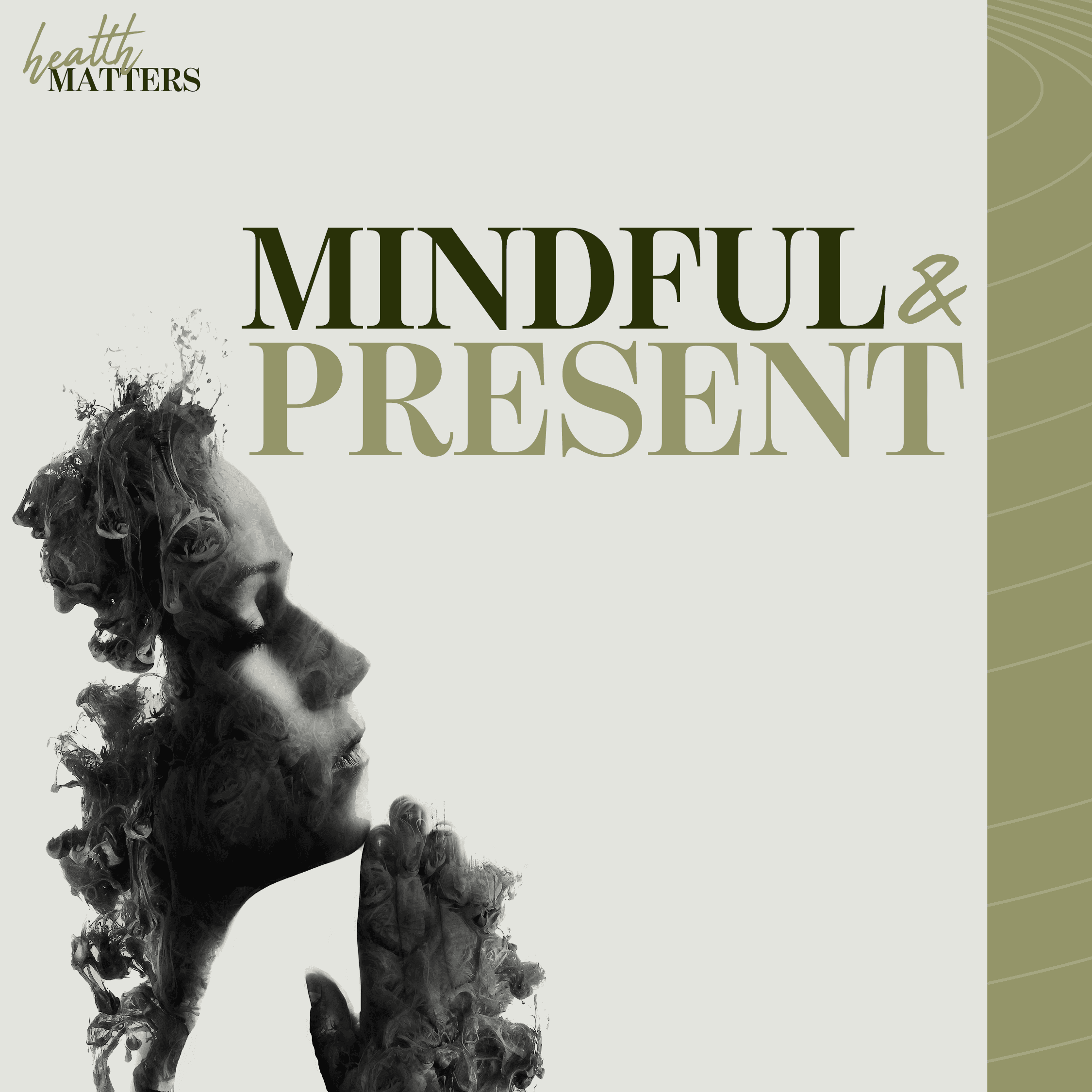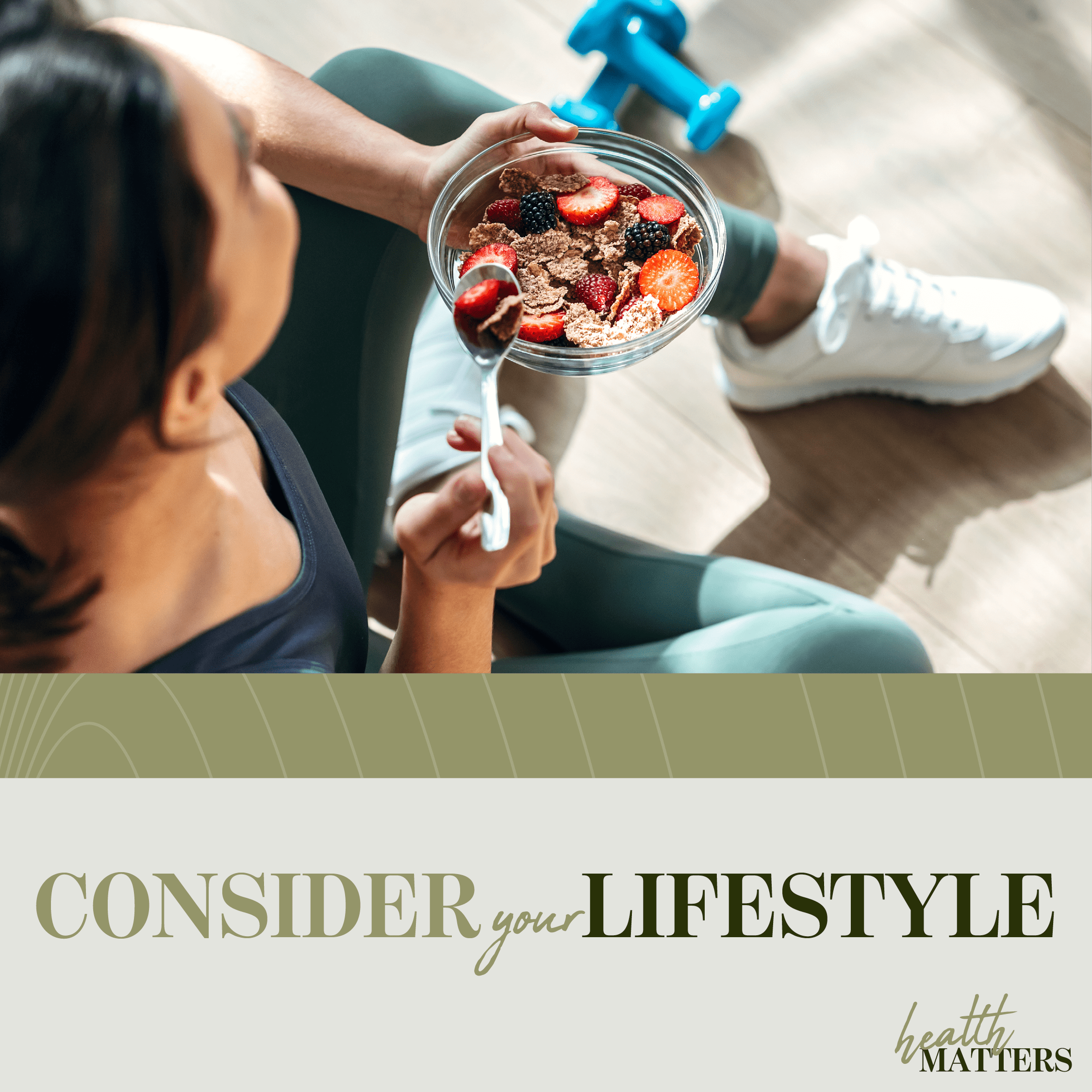
By Cynthia McFarland
Mental Health Goes Hand-in-Hand with Overall Wellness

Optimal wellness involves mind and body.
That’s the assessment of many patients and healthcare providers who have developed a holistic view of wellness that combines physical, emotional and mental wellbeing.
Make no mistake, mental health took a big hit during the pandemic, when anxiety and depression rose 25 percent globally.
The strain was especially evident in young people – in 2021, a staggering 42 percent of high school students reported feeling sad or hopeless.
“When America shut down, it really highlighted how we rely on each other for wellness. Many people sought quick distractions. There was a massive rise in social and digital watching, like binge watching Netflix,” says Alan Hickey, a therapist with Silver River Counseling in Ocala who works with adolescents, young adults and couples of all ages.
On the bright side, the pandemic opened doors to better therapy options. Between 2019 and 2021, there was a 1,500 percent (!) increase in telehealth usage.
“Mental health is no longer a taboo topic. Gone is the thinking that therapy is only for people with awful problems. Part of that shift can be attributed to no longer thinking of it as mental illness, but as wellness. A lot of employers are now offering mental health days in addition to sick days,” adds Alan, who notes that many people refer to this time off as “self-care.”
Coping skills to reduce stress and anxiety vary from person to person, and may include:
- Journaling
- Talking to a friend
- Prayer/meditation
- Physical activity
- Time outdoors
- Digital “detox”
- Taking a break from social media
Talk therapy—either one-on-one or in a group—may be the final piece of the ‘improve mental health’ puzzle. Therapy can also help address negative behaviors and provide someone with tools to make positive changes in their life.
“It’s becoming more ‘normal’ to seek help from a professional,” says Alan, who counsels both individuals and couples.

Thoughts and Feelings
Hickey points out that there’s a difference between what we think and what we feel, but there’s always a connection. For example, if we think something is unfair, we might feel angry. Emotions themselves aren’t wrong. It’s what we do with emotions that can be problematic.

“Everything that happens to us mentally is imprinted in our central nervous system. If you’re not taking care of yourself mentally, you’ll have physical repercussions,” says Claudia Pache, a licensed therapist with a private practice in Ocala.
The body doesn’t lie. Stress and anxiety increase cortisol levels, which has a negative impact on overall health.
“Research shows a direct connection with mental and physical health. We can’t ignore this any longer. If antidepressant medications alone were working, nobody would be depressed. Medications can help, but they’re not the answer without lifestyle changes,” Claudia emphasizes.
Being anxious is the inability to be in the present moment, so it’s vital to create balance in your life. Prioritize “being present” and practice living in a way that allows you to disengage from stress.
Regular exercise helps achieve this goal. Many people don’t realize that sleep—or the lack of it—impacts mental health, so aim for 6 to 8 hours every night. It’s also important to have a satisfying hobby that doesn’t involve a screen.
Research shows that hobbies our grandmothers loved can help balance stress and promote being in the present moment, such as:
- Gardening
- Sewing
- Crafts and artistic projects
“These activities engage the right brain, which help offset the left side, which is the logical side that is trying to control and overthink,” Claudia explains.
And don’t forget that human beings are wired for connection.
“During the pandemic, a lot of people were isolating, not eating healthy and not going outside or doing routine things, so it really compounded mental health disorders, especially depression and anxiety,” Claudia notes.
“Do at least one thing a week with other people with a common cause. It can be church, a club, or the gym, but being around people is essential for mental health,” she says.
Let’s face it; life is stressful. Good mental health allows us to better cope with life’s challenges.
When you’re mentally healthy you:
- Enjoy improved quality of life
- Have a positive self-image
- Can have healthier relationships, both personal and professional
- Are more productive
“If people neglect their mental health, it will eventually catch up with them in a physical way,” Claudia says. “We need to place a very high value on mental health because then you will be more motivated to do the things that help you feel better – both mentally and physically.”
Mind & Diet
Serotonin is the “happy” hormone that helps alleviate depression and anxiety. Since 70 to 90 percent of serotonin is produced in your gut, how you eat directly impacts both mood and mental health.
Claudia recommends eating healthy at least 80 percent of the time. You don’t have to be obsessively rigid about your diet, just make a real effort to avoid processed food and stay hydrated.
Photos: Supplied
"I fell in love with words early on and knew from fourth grade that I wanted to be a writer,” says Cynthia McFarland. A full-time freelancer since 1993 and the author of nine non-fiction books, her writing has earned regional and national awards. Cynthia lives on a small farm north of Ocala; her kids have fur and four legs







































